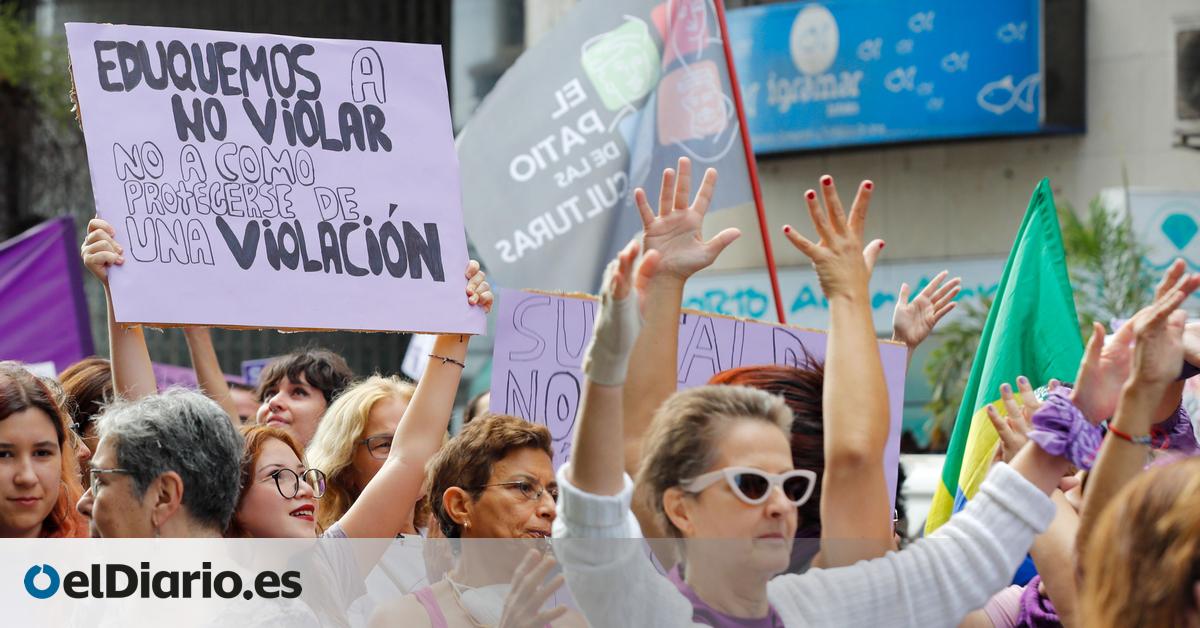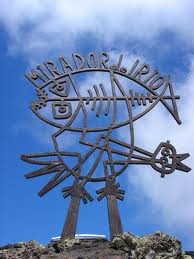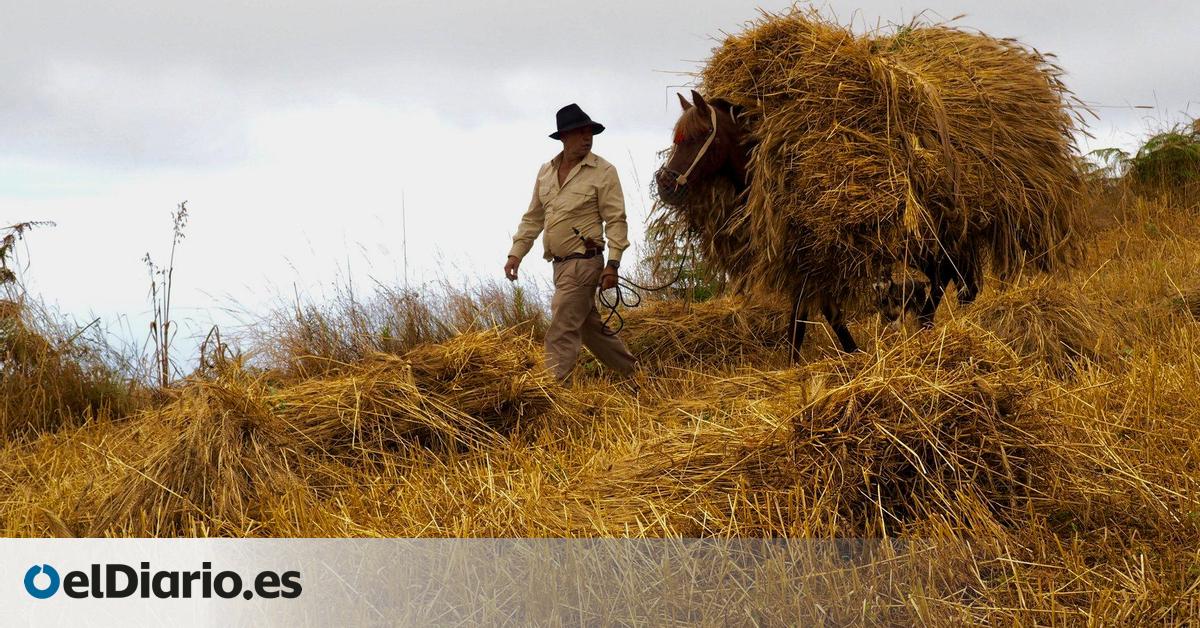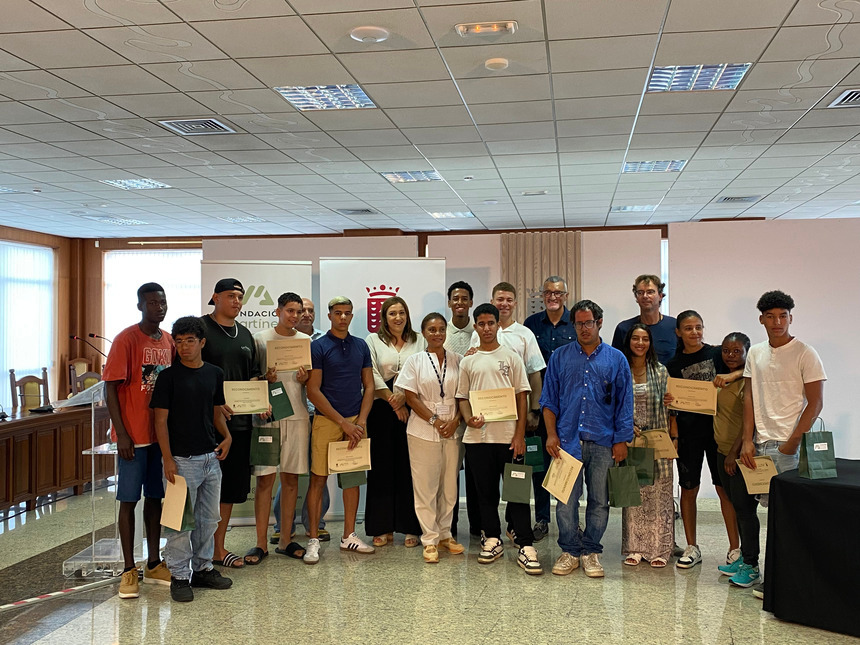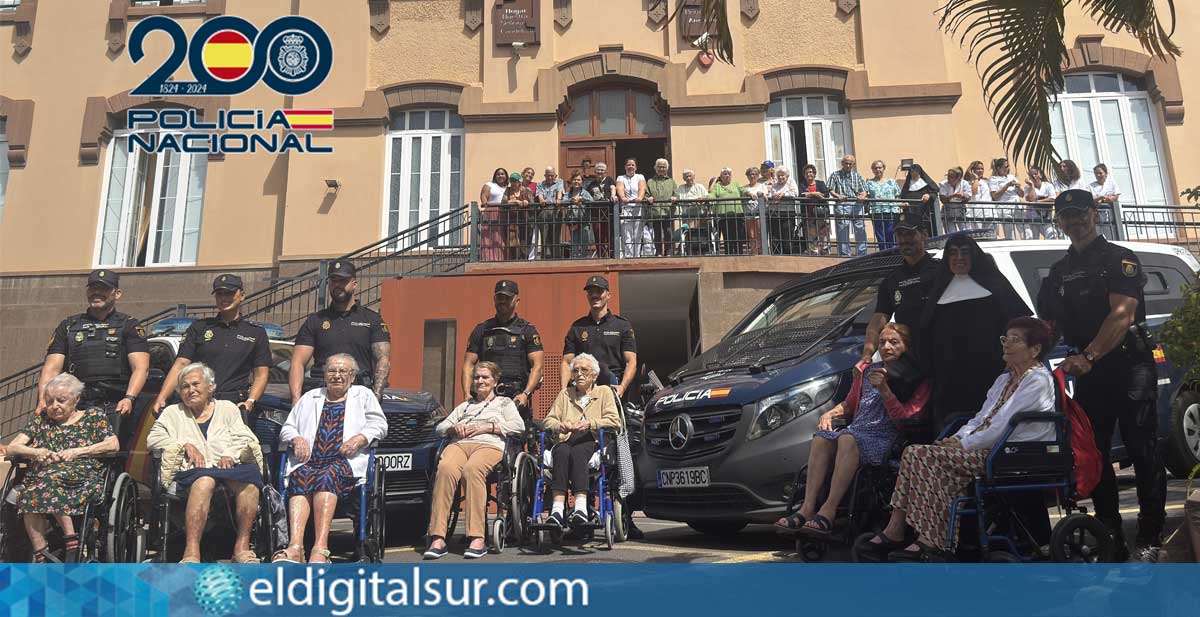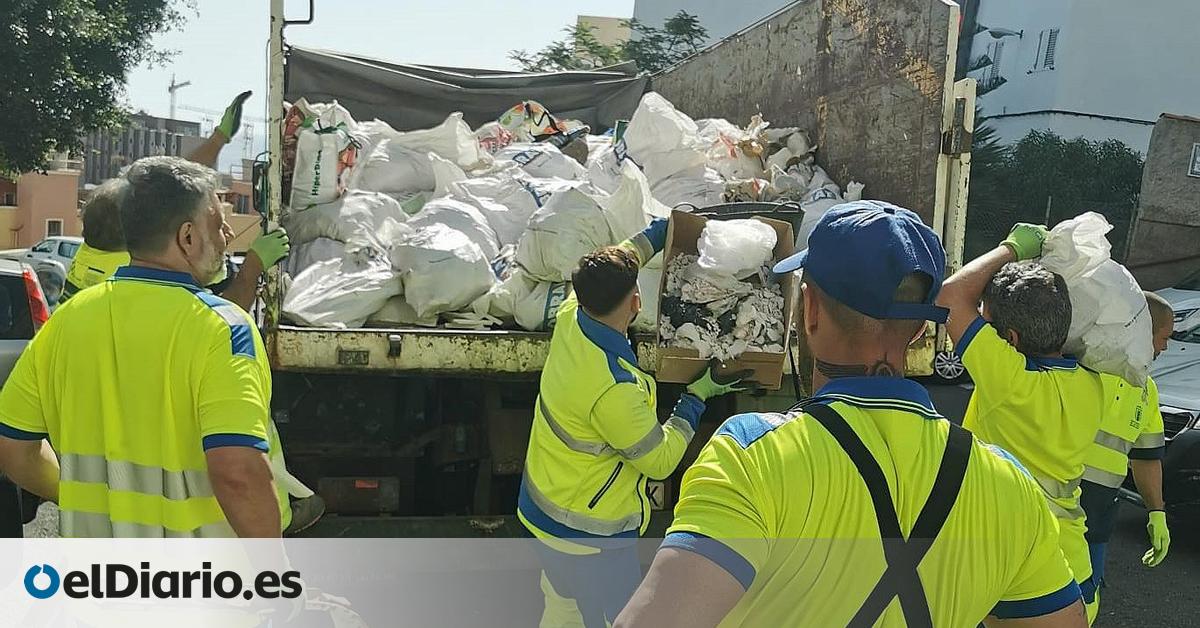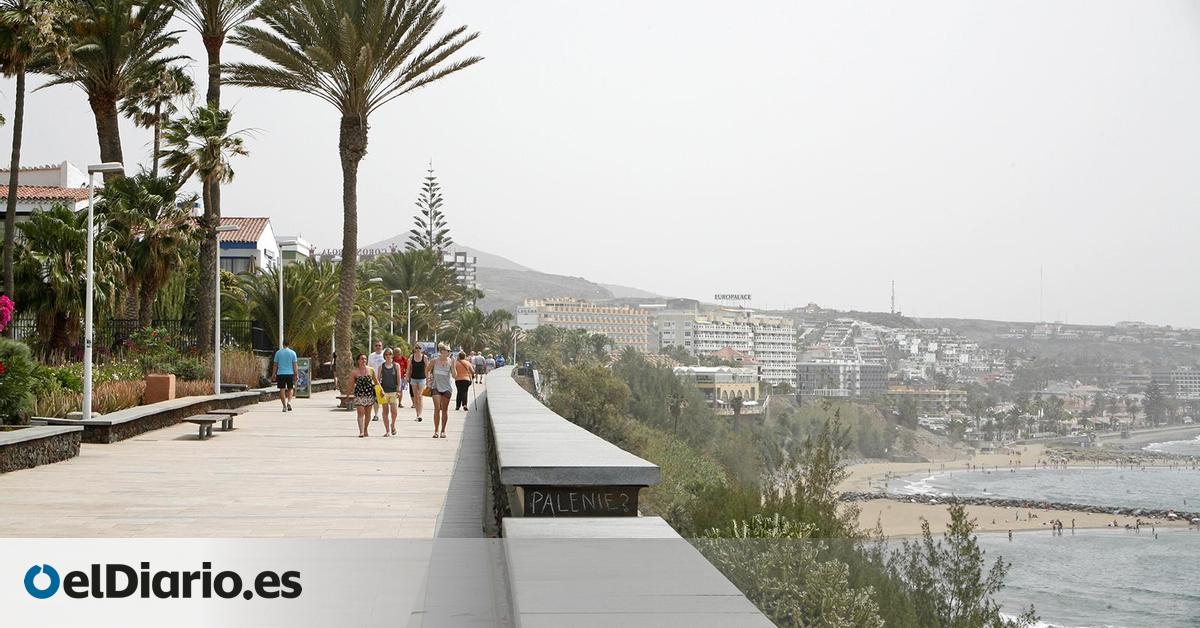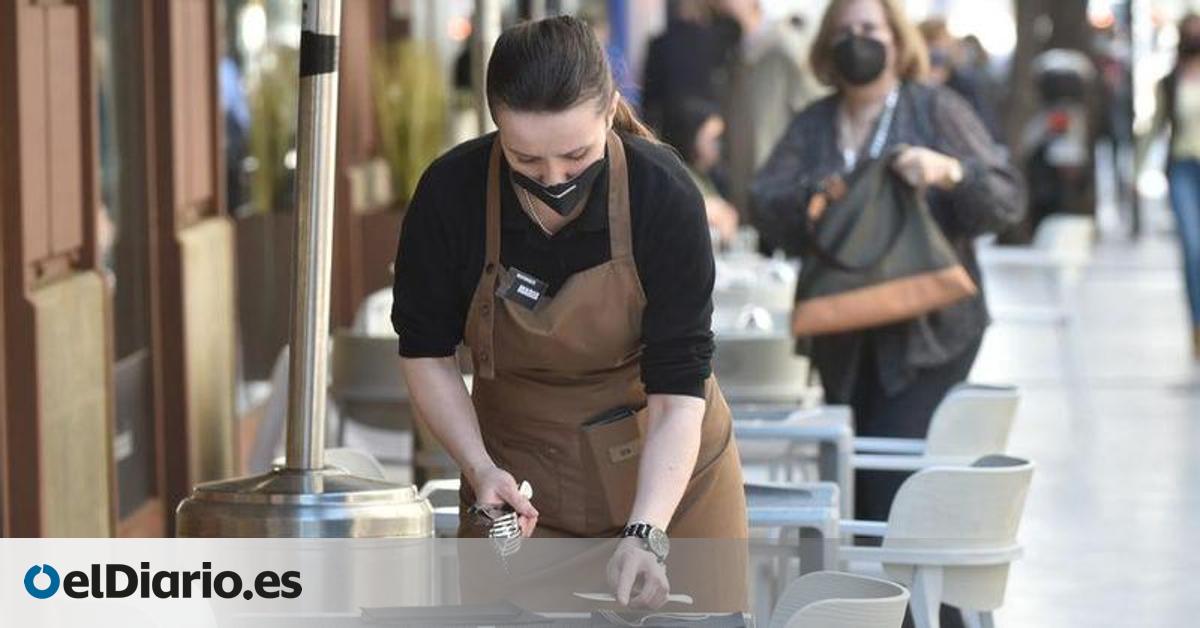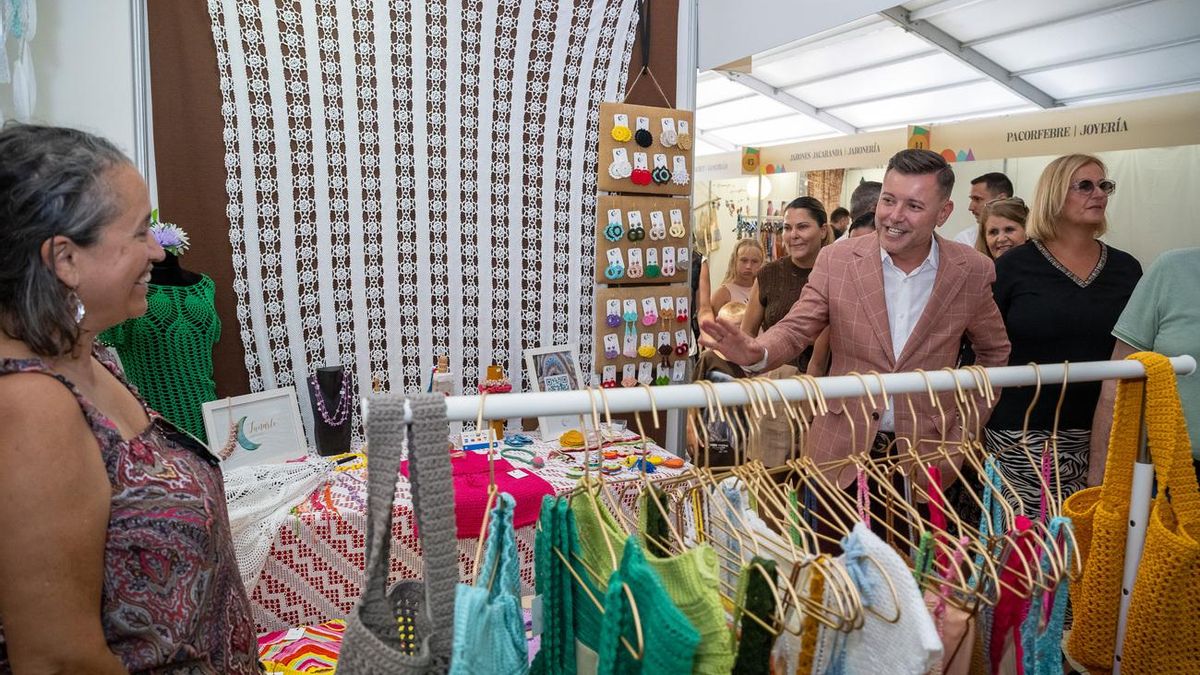Concerns Over Delayed Funding for Gender Violence Prevention Projects in the Canary Islands
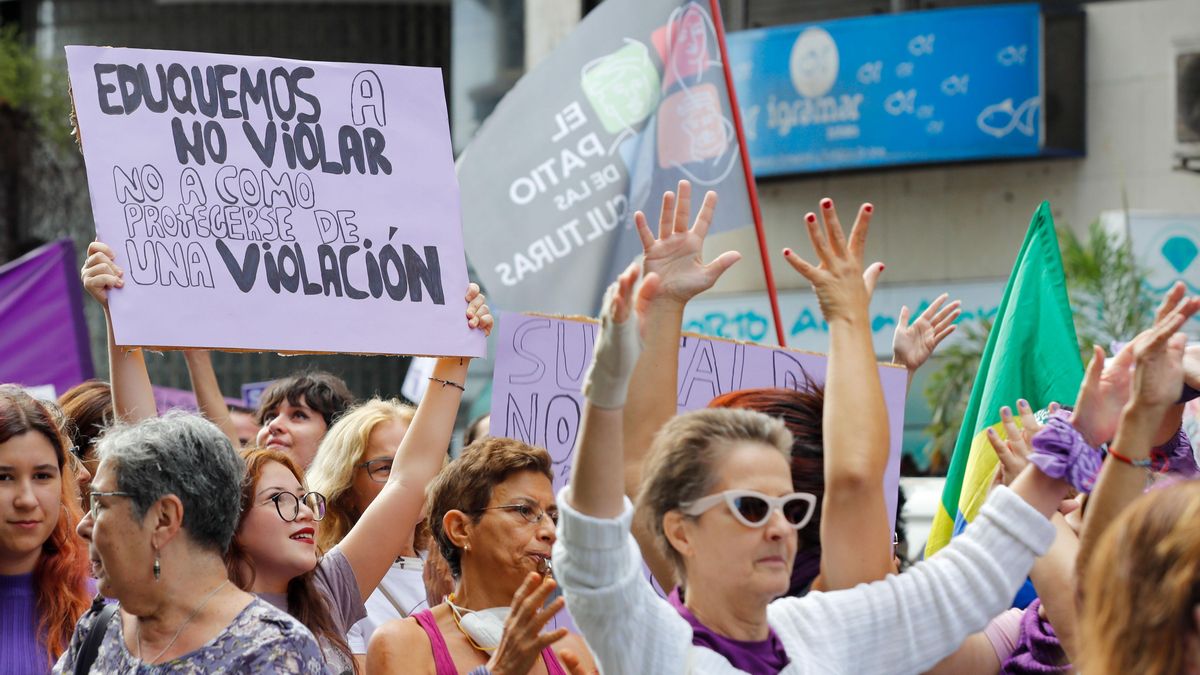
The funding order for projects aimed at preventing gender violence has not yet been published, although the Canary Islands’ Institute of Equality (ICI) assures that it is “about to be released.” Industry professionals express concern that these funds will need to be returned if not executed in time, leaving little room for manoeuvre. The Feminist Network has denounced the “inaction” of the institute, stating that it is not counting “all the victims.”
### Rising Emergency Calls in the Canary Islands
In the last month alone, there have been 1,000 emergency calls in the Canary Islands related to gender violence, with an increasing trend among older individuals; experts warn of the heightened risk of gender-based violence during the summer. The mother of Triana, the woman murdered in Arenales, stated, “My daughter was a fighter.”
### Funding Context
The Ministry of Social Welfare of the Canary Islands Government previously celebrated the receipt of €10.4 million from the State this year to combat gender-based violence, €1 million more than last year. These allocations are part of the State Pact against Gender Violence. Experts advocating for equality warn that these funds are “at risk” as the order for grants necessary to submit projects has yet to be issued. “This delay is not just an administrative issue. It is an act of institutional irresponsibility that directly translates into a lack of protection for women and creates a domino effect affecting the entire population of the archipelago. Every day without executing these funds means a day without resources for prevention, awareness campaigns, and specialised proposals aimed at minimising and eradicating cycles of violence,” they emphasise.
### Compounding Issues
Several of these experts told this newspaper that funding is consistently delayed each year, but the situation for 2025 has become “much more complicated,” as these funds are critical for working in the prevention sector. “If it issues in September or October, those are not suitable dates to carry out events or many other actions,” explained one equality agent interviewed. She stated that the timeline for the grants complicates matters further.
The ICI insists to this newspaper that the funds from the State Pact “are on the verge of being released,” and that the institute has completed its procedures and is now under intervention.
“If the grant order comes out in September, a request will be made by mid-September, the funds will be received by the end of that month, contracts will be established by mid-October, and the resolution must be completed by the end of the month. You then have two months to execute a project. A project that is supposed to be structural and requires justification by 31 December this year,” summarises one expert affected by this delay in submitting projects.
### Call for Stability in Projects
A group of equality professionals has drafted a document indicating that “social urgency seems to go unanswered in political agendas.” They add that the ICI initially indicated the possibility of presenting biannual projects, which “many organisations firmly believed in.” “However, without a clear explanation and after all the work put into shaping the proposals, and without any associated remuneration, this option was rejected, dismantling the planning and condemning us to wait and execute, in the best-case scenario, in just four months, projects aimed at reaching every municipality in the Canary Islands over two years,” they stress.
“What is the point of demanding compliance within three months for what was designed to take more than twelve months?” questioned the interviewed experts advocating for equality. They all noted in a prepared statement that “the quality, scope, and effectiveness will clearly be devastated. All this is compounded by the risk that the Administration, in its inability, decides not to execute these funds, returning money that the population of the archipelago sorely needs. No one can build a serious plan against gender violence in conditions of chronic precariousness,” they warned.
### A Need for Structural Change
The professionals assert that gender violence is “structural” and that their fight should not just be “assistance-based.” They emphasise the need to work in the areas of prevention and cultural change, insisting on the necessity of providing “stability” to projects. Currently, the networks providing assistance to victims of gender violence are sustained, but those directly dependent on the Canary Islands Government remain in limbo.
### Criticism of the ICI’s Activity
Reflecting on the ICI’s activities over the past two years under Ana Brito’s leadership, very few new projects have been initiated. The most recent was the resolution of grants aimed at promoting women’s associations, which occurred six months later. In May, the establishment of five 24-hour crisis centres for victims of sexual violence was launched, fulfilling the mandate of the ‘Only Yes is Yes’ law, and it was one of the communities that availed itself of the Ministry’s deadline extension. However, the website “Canarias con perspectiva” has not been updated since 2023.
The Feminist Network of Gran Canaria has been one of the most critical voices regarding the institute’s activities. “I believe that paralysis is evident. By the end of 2023, if people pull up archives, they will remember that we warned that cutting €1.5 million from the budget would have repercussions. And here we are,” stated Nereida Vizuete, spokesperson for the network.
“By 2024, we have €1.5 million less. In 2025, that cut was replicated, and now we are witnessing the consequences. The lack of funding results in paralysis—of the team, personnel, and engagement of external professionals. All of this affects women who are victims of violence. Ultimately, what is currently active and maintained is the insular violence network courtesy of the Gran Canaria council,” Vizuete stated.
### Urgent Need for Action
Regarding the delay in funds from the State Pact against Gender Violence, Vizuete stressed that “the issue is that, in addition to the fact that this long-standing procedure has always been slow, this year is apocalyptic. These budgets are meant to be executed within the current year,” she summarised. “Consequently, the Pact’s funds for 2025 must be executed in 2025. Therefore, whatever opens up, for example in September, will have to be executed in the last three months of this year. That is madness,” she emphasised.
“Firstly, this means we are eight months without doing this work. Secondly, what is planned for one year in prevention cannot be accomplished in three months. So we return to the same issues,” pointed out the spokesperson of the Feminist Network, who confirmed their support for the collective of experts affected by the project funding delays.
### Call for Immediate Funding
“We do not need minutes of silence; we need the money and people to start working,” insisted the spokesperson of the Feminist Network of Gran Canaria.
Vizuete mentioned that, “We had a wave of activities with workshops, talks, and training sessions in the previous legislature, only to suddenly face a complete void.” “There is nothing, no programming, no activities—just a few talks and little else. There is no activity because even professionals involved with significant projects do not have their proposals approved,” she noted.
The spokesperson highlighted that not even the ICI collects data on gender violence, which is done by the emergency number 1-1-2, and stated that, regarding victims of gender-based violence, statistics are systematically underreported. For instance, the murder of Triana Arias, killed in Arenales, is not included in gender violence statistics when it should be according to Canary Islands law. “We’re not even counting properly. If we did, we would have even more recognised victims,” she added.
“We have the data, we know calls are increasing, and we see how violence is escalating on social media. Younger individuals are sourcing information from those who are staunchly against equality. Instead of creating activities, we are moving backwards,” she summed up.
### Context of Gender-Based Violence in the Canary Islands
Experts lament that this delay in equality projects is occurring against a backdrop of rising emergency calls from victims of gender violence. In July alone, there were 1,007 emergency calls related to gender violence, indicating situations where women’s lives are at risk. This data was gathered by the 1-1-2 emergency services and resulted in 206 activations of emergency devices for assaulted women in the islands. Additionally, 35 women and their 16 children were forced to leave their homes to receive accommodation from resources financed by the ICI and the councils.
Since records began in the Canary Islands, 111 women have been murdered as a result of gender violence, as recognised by Canary Islands law. This law includes not just those killed by partners or ex-partners. However, the murder of Triana, a woman killed in Arenales in April this year, has not yet been counted in this statistic.
Furthermore, this year, a gender-related murder from 2020 in San Bartolomé de Tirajana came to light, in which a woman was dismembered by her husband; this was logged by the Ministry of Equality as a case of gender violence.
According to the Government Delegation, this year in the Canary Islands, murders such as that of María del Carmen, killed in the El Zardo district of Las Palmas de Gran Canaria in June, are recorded as gender-based violence. Similarly, the case of 48-year-old Diana Carolina, also murdered in Las Palmas de Gran Canaria, falls under this classification.
However, there are more cases currently being investigated as gender violence under Canary Islands law, such as that of a father being investigated for causing an accident in Arona that resulted in his daughter’s death, alongside his ex-partner.
María Remedios was also murdered in La Laguna by her son in a case condemned for gender violence by the Government of the Canary Islands. Additionally, the mother-in-law of the mayor of La Aldea was allegedly murdered by a neighbour.
In what has been a dramatically tragic year regarding murder statistics, reports of sexual violence have soared. According to the Ministry of Interior, in 2024, the Canary Islands ranked fourth among Spanish communities for the highest number of cases, totalling 1,272.
Experts are particularly concerned about the youth, who are consuming content from the manosphere and denying the existence of gender violence. The 2024 report “Youth in Spain: Between Emergency and Resilience,” from the Ministry of Youth and Childhood, highlighted that “delayed emancipation and economic dependency place young women in a state of clear vulnerability in situations of gender violence or sexual abuse.”
The study noted that “the precociousness with which young people engage in sexual relationships and emotional partnerships is paralleled by an increase in gender violence, with victims becoming increasingly younger, possessing lesser capabilities to recognise manifestations of violence, sexual abuse, or exploitation. This places young women among the most vulnerable demographic groups facing all types of gender-based violence, and without access to the resources, services, and benefits aimed at victims of gender-based violence.”


